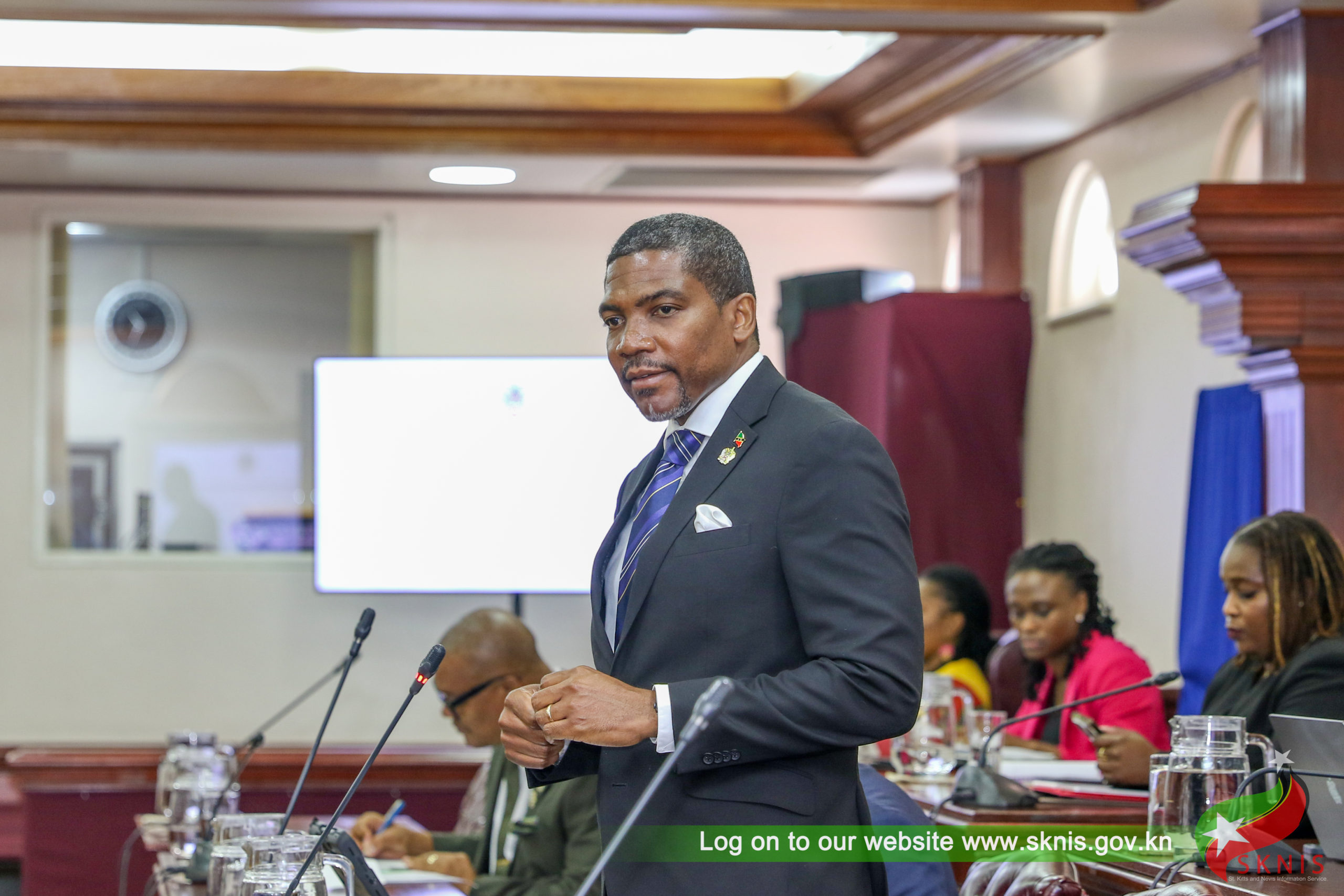Prime Minister to Introduce Comprehensive Pension Reform Legislation for Auxiliary Government Employees
The government of St. Kitts and Nevis, under the leadership of Prime Minister Dr. Terrance Drew, is poised to introduce a landmark Comprehensive Pension Bill to the National Assembly. This legislation marks a pivotal moment in the nation’s pursuit of social equity, aiming to provide a safety net of retirement security for thousands of Government Auxiliary Employees (GAEs). These workers, encompassing essential roles such as crossing guards, environmental workers, hospital maids, and drain maintenance staff, have historically been excluded from adequate pension benefits, despite their dedicated service to the nation. This bill signifies a paradigm shift, recognizing the invaluable contributions of these often-overlooked public servants and ensuring they are no longer relegated to a precarious financial future after retirement.
The Prime Minister’s announcement underscores the significance of this legislative action, emphasizing the government’s commitment to enshrining these pension rights into law. By legislating the pension plan, the government aims to create a robust and enduring system, protected from arbitrary changes. This move highlights the administration’s dedication to not just providing immediate relief but also establishing a long-term framework for equitable treatment of GAEs. The bill is a testament to the government’s belief that these workers deserve the same financial security and dignity in retirement as other public servants, recognizing their essential contributions to the nation’s well-being.
This legislative initiative builds upon the groundwork laid in July 2024 when the government initiated pension payments to hundreds of retired GAEs. This initial step was facilitated by the establishment of the Government Auxiliary Employees’ Commission, which formalizes the employment structure and benefits for GAEs. The commission provides a structured approach to appointments, terms of employment, and critically, the inclusion of pension coverage. This foundational work demonstrates the government’s phased approach to addressing historical inequities, initially providing immediate financial relief to retired GAEs while working towards a more permanent and comprehensive legislative solution.
The eligibility criteria for the pension program require GAEs to have reached the age of 62 and accumulated a minimum of fifteen years of service. This framework ensures that long-serving GAEs who have dedicated a significant portion of their working lives to public service are appropriately recognized and rewarded. The retroactive nature of the pension payments, dating back to January 2024, further emphasizes the government’s commitment to rectifying past injustices. This provision ensures that eligible retirees receive the full benefit of the pension scheme, acknowledging their years of service and providing a much-needed financial boost.
The introduction of the Comprehensive Pension Bill aligns seamlessly with the broader social agenda of the Drew-led administration, which prioritizes enhancing social protection and promoting equity across all segments of society. This commitment is further exemplified by initiatives such as the ASPIRE program, designed to empower young citizens with $1,000 seed accounts, fostering financial literacy and economic opportunity. Similarly, the recent 8% salary increase for civil servants demonstrates the government’s dedication to improving the financial well-being of its workforce, recognizing the importance of fair compensation and economic stability.
The Comprehensive Pension Bill represents a watershed moment in the journey towards social justice and economic security for all citizens of St. Kitts and Nevis. It underscores the government’s commitment to uplifting the most vulnerable members of society and recognizing the inherent dignity of work, regardless of profession. By ensuring that GAEs receive the same retirement benefits enjoyed by other public servants, the government is not only addressing a historical injustice but also setting a precedent for a more inclusive and equitable future. This legislation ensures that dedicated public servants, regardless of their role, can look forward to a secure and dignified retirement, free from the anxieties of financial insecurity. It is a testament to the government’s belief in the fundamental right to a decent standard of living for all citizens and a tangible demonstration of its commitment to building a more just and equitable society.
Share this content:












Post Comment